30 Jun 2024 A Methodist milestone
By Mark Oliver
When Methodist Family Health first opened its doors as Arkansas Methodist Orphanage in Little Rock in 1899, it sought to be a guiding light for children and families. While it may not look the same 125 years later, its duty remains the same.
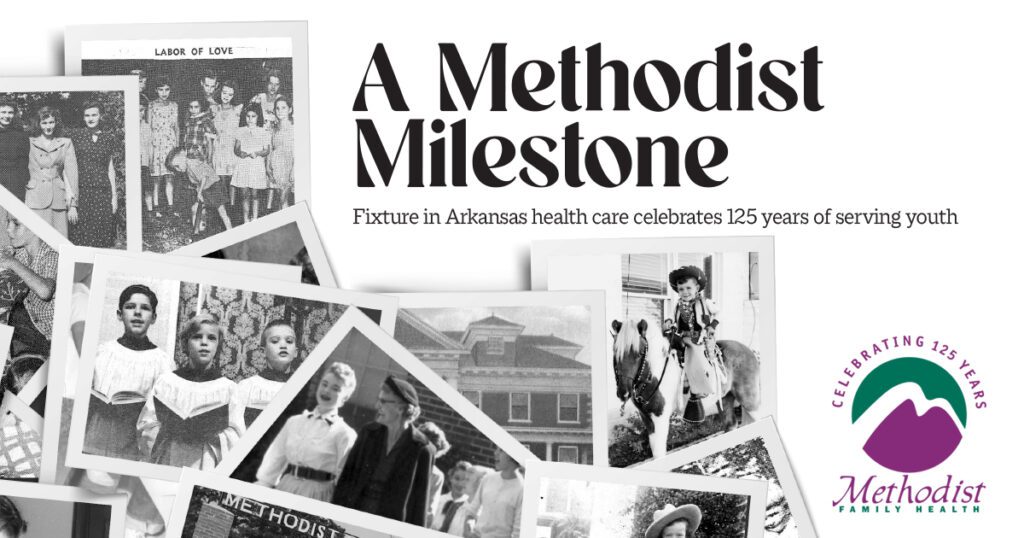
“Our organization began as a mission from the Methodist Church to provide care for children who either did not have parents or had parents who couldn’t care for them,” Methodist Family Health Director of Communications Kelli Reep said. “Some had parents who were drafted and stayed with us until they came home from war. Others remained with us until they found new families. No matter their circumstance, we strived to provide the best level of care possible for them.”
As the times changed, however, so did attitudes and regulations on orphanages. In response, Arkansas Methodist Orphanage evolved into residential treatment group homes across central Arkansas.
“When orphanages gave way to the foster care system, we went with it,” Reep said. “In the late 1940s, we expanded into featuring traditional group homes. Our oldest campus, Methodist Children’s Home, still stands today in Little Rock.”
For decades, Methodist Children’s Home served countless families and youth in Arkansas. As the 501 grew, however, so did its need for expanded mental health services. It was a challenge that Methodist Family Health embraced.
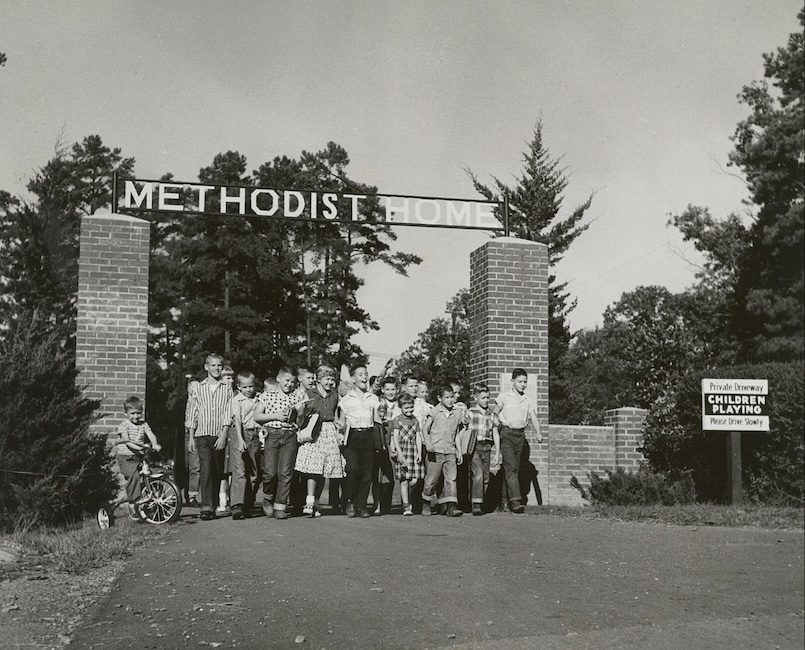
“Although our focus was on group homes for foster children, we realized that children needed more specialized care than just housing and lodging,” Reep said. “In 2001, our CEO, Andy Altom, had a vision for opening our own behavioral hospital and that led to the creation of Methodist Behavioral Hospital in Maumelle.”
Two years later, Methodist Children’s Home and Methodist Behavioral Hospital combined forces as Methodist Family Health, providing an array of services to families across Arkansas. From outpatient counseling to acute psychiatric hospital care, Methodist Family Health prides itself on offering families peace of mind.
“A child with psychiatric, behavioral or emotional issues can enter our continuum at any point,” Reep said. “We have everything from an acute residential hospital to assist children who are dangerous to themselves or others, to school-based or outpatient counseling. If you’re concerned that your child isn’t hitting a milestone or their primary care physician or school counselor thinks there is an issue, our psychological testing allows families to identify issues and promote positive, healthy change. If they need help in school, we offer day treatment in Little Rock. If they are in foster care, they can visit our qualified residential treatment program. Wherever a child fits, we help put them there to help them catch up.”
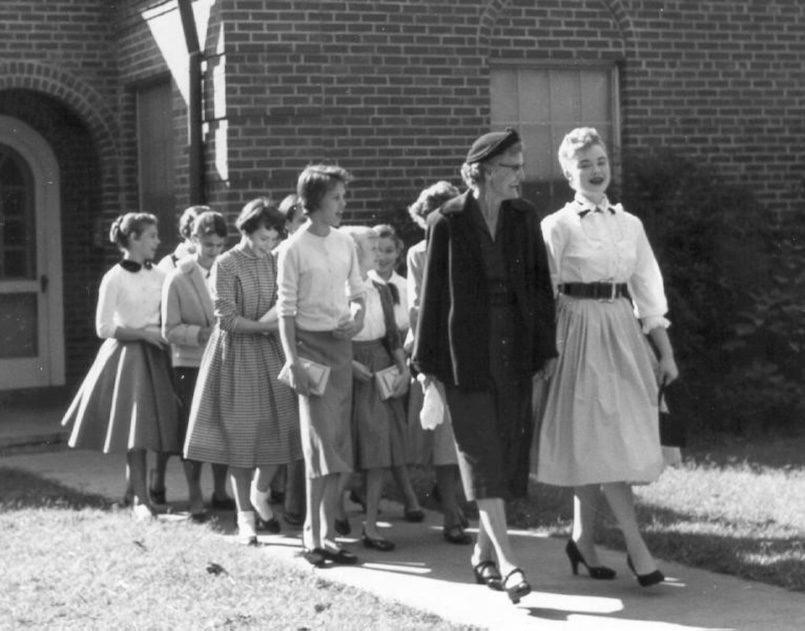
Accredited by the Joint Commission on Accreditation of Healthcare Associations, Methodist Family Health also features the Kaleidoscope Grief Center to assist children and families mourning the loss of a loved one.
“Grief is a huge emotion, regardless of who you are,” Reep said. “If a child has lost a parent, grandparent, sibling or even a pet, those are big feelings to navigate. We feature care groups, summer camps and one-on-one counseling to help children and their families overcome grief.”
Through its use of the Teaching-Family Model, Methodist Family Health assists clients with garnering the skills necessary to live as independently as possible.
“Our commitment to positive reinforcement of behavior is something that sets us apart,” Reep said. “The Teaching-Family Model is a system used throughout the globe, and it helps clients reunite with their families or re-enter the community as an adult.”
Surviving in any industry for 125 years is no easy task. Methodist Family Health’s secret to longevity has been its willingness to adapt to its patients’ needs.
“When Methodist Family Health was founded, it was in response to a problem: children needing homes that weren’t available to them,” Reep said. “Today, we are continuing our legacy of providing solutions to a spectrum of psychiatric, behavioral and emotional issues, while also looking ahead to the future and being proactive through the programs we provide.”
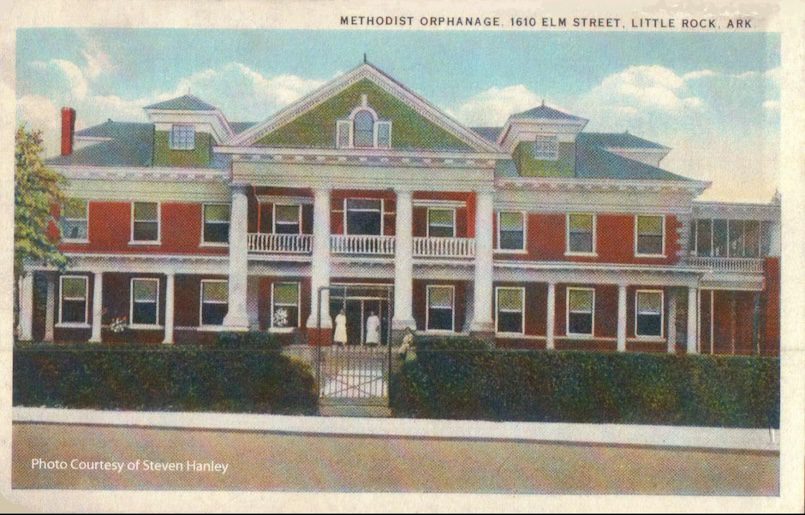
As the 501 continues to grow, so does its need for psychiatric, behavioral and emotional health care services.
“To still be here after 125 years says we are doing something right and that the services we provide will always be needed,” Reep said. “Everyone has or knows someone who has a mental health issue. You are not alone, and help is out there. There is no shame in reaching out for help. If we can’t help you, we can refer you to someone who can. Take that first step.”
Communities can also get involved. Volunteer groups are encouraged to visit and impact a child’s life.
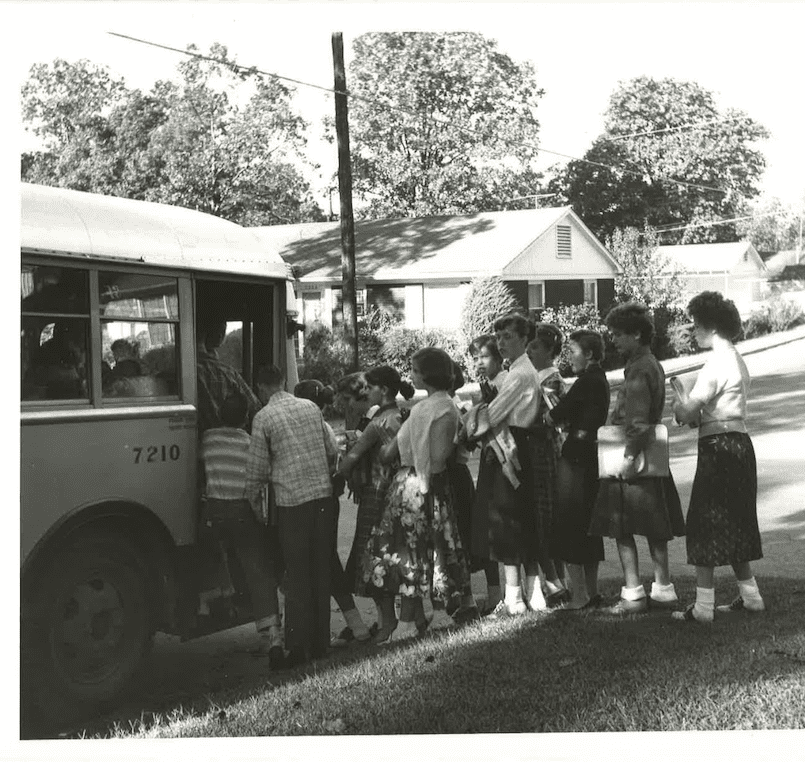
“If someone feels a pull to make a difference in their community, then reach out to us and we can put your skills to work,” Reep said. “Kids in our hospital and our residential psychiatric treatment facility love having youth groups come in and do activities with them. From church groups to civic groups, we can come and speak and educate them on who we are and what you can do to help.”
No matter what the future holds, Reep is confident that Methodist Family Health will continually adapt to meet the needs of Arkansans over the next 125 years.
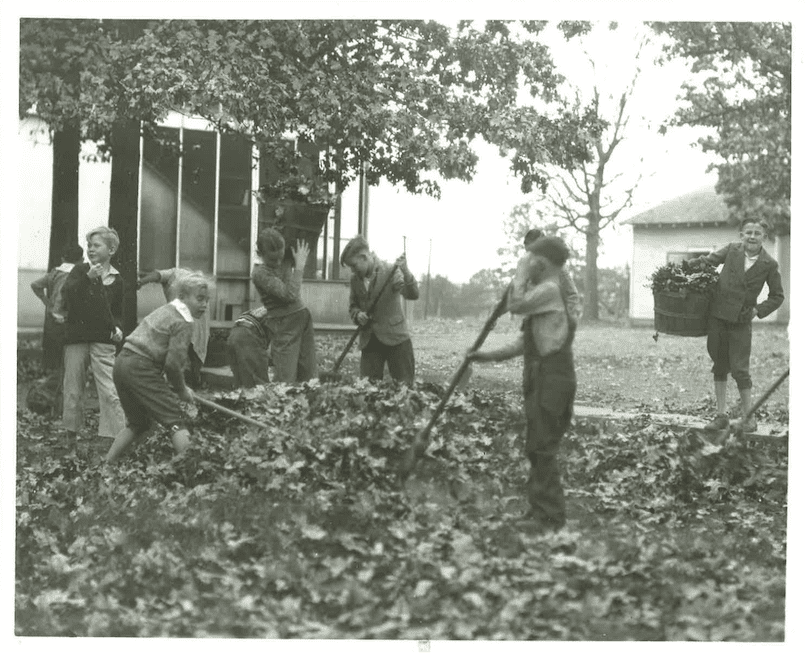
“In the future, we hope that there are new treatment options that will allow children to stay with their families in their communities while continuing to show them that they are loved, valued and that they can do incredible things on their own,” Reep said. “As far as additional programs and new facilities are concerned, if there is a need in a community that isn’t being met, we will strive to meet that need. As long as children and families need behavioral health care, we will be around to provide them with the best possible care.”
- Five-Oh-Ones to Watch 2026: Tyler Thomas Rowan - January 2, 2026
- Five-Oh-Ones to Watch 2026: Devon Clemmons, XENOS - December 31, 2025
- Youth of the Month: Canaan Gilbert - December 1, 2025









